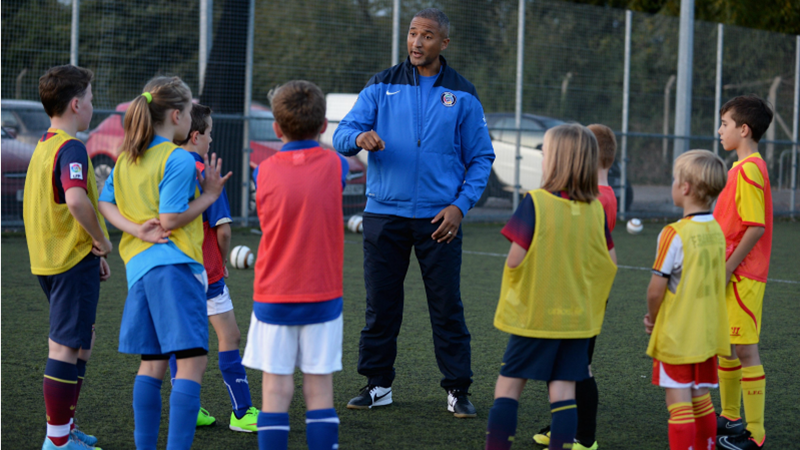
Volunteer Welfare Officers
Football is proud to have a network of 8,500 welfare officers across the grassroots youth game, supporting safe and fun environments for everyone. If you are already a welfare officer then thank you for all that you are doing. If you want to find out more about the role and/or are considering becoming a welfare officer then the following information is for you.
Responsibilities- Welfare officers must:
1. Be clear about the club’s/league’s responsibilities when running activities for children and young people.
2. Help club/league personnel to recognise that safeguarding is everyone’s responsibility and to actively play their part.
Prerequisites to being a Welfare Officer
To become a club welfare officer you will need to:
- 1. Attend The FA Safeguarding Children and Welfare Officer Workshops. Click here for more information.
- 2. Have an in-date FA Accepted Enhanced with Children’s Barring List Check.
Make sure everyone knows you
To be effective as welfare officer it’s vital that everyone in your club/league knows who you are and how you can be contacted especially the players, parents and coaches. You should sit on the club/league committee and as a club welfare officer you should know your coaches and manager. If you are part of a large or expanding club/league you may wish to encourage the committee to appoint an additional welfare officer(s) to support the work you are doing. We would recommend clubs with more than 10 teams consider having additional welfare officers.
Implementing club safeguarding practice
The club welfare officer safeguarding checklist Click here will help you to ensure essential safeguards are place within your club.
RESPECT
RESPECT Click here is aimed at helping us all to work together to challenge and change unacceptable behaviour on the sidelines and on the pitch. It's a long-term commitment. As a welfare officer you have the chance to make a significant contribution to creating positive change. RESPECT outlines the standard of behaviour that is expected in football for everyone from league officials, players, parents, club officials, coaches and referees. It is all about creating a fun, safe environment and its core principles work in tandem with safeguarding children.
The FA online safeguarding service Click here
This is accessed through your local county FA website and enables welfare officers to keep track of the safeguarding education and criminal record check status of club officials, managers and coaches. To get started download the online safeguarding service resource and contact your Local County FA
Every county FA has a designated safeguarding officer (DSO), usually referred to as the County FA welfare officer, This is your first point of contact for advice and support and it is important for you to know who they are and how to contact them.
The counties also host networking sessions so you can meet with the County FA welfare officer and other club and league welfare officers. We strongly encourage you to attend these session to remain current and up-to-date with best practice.

